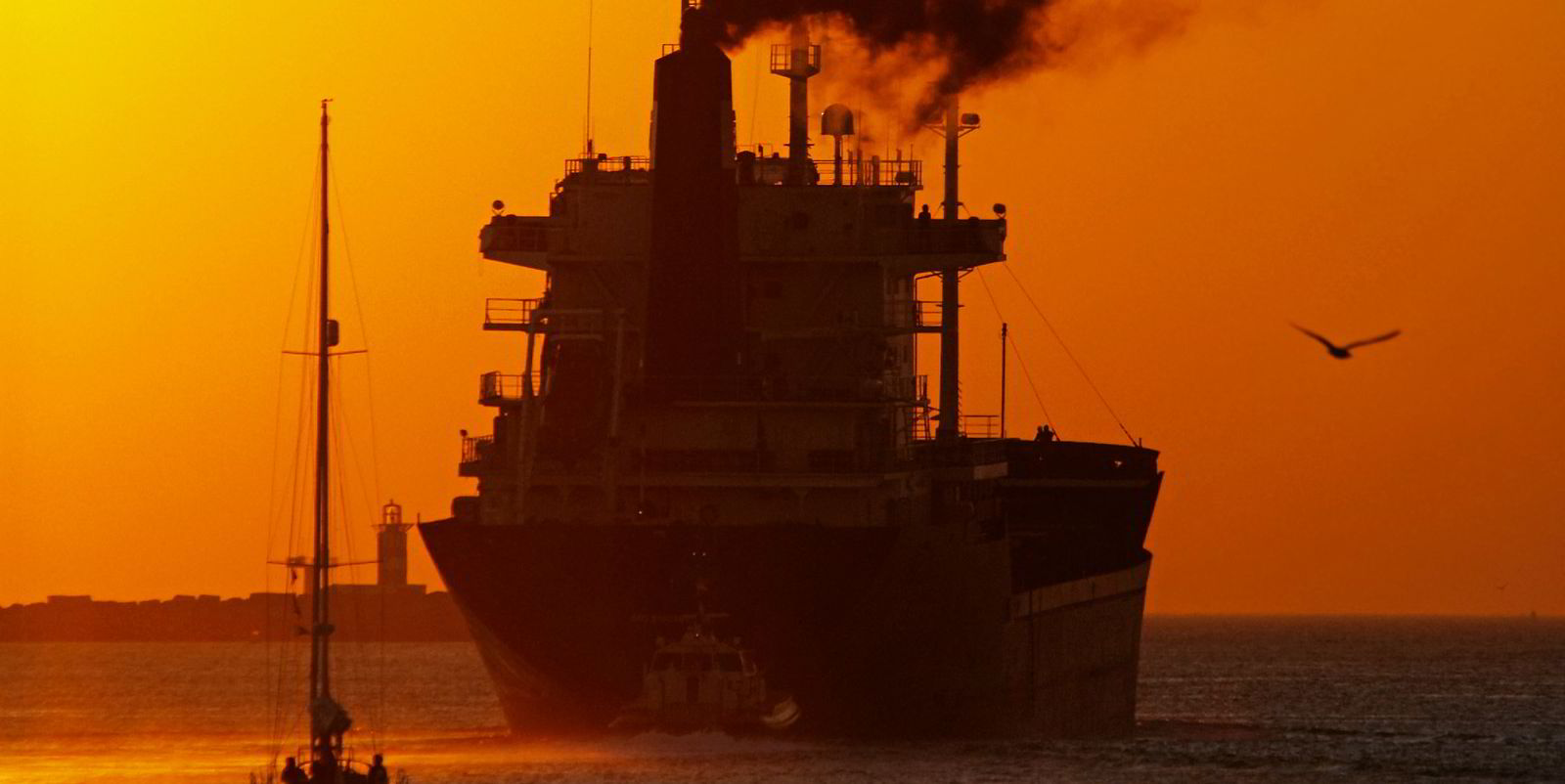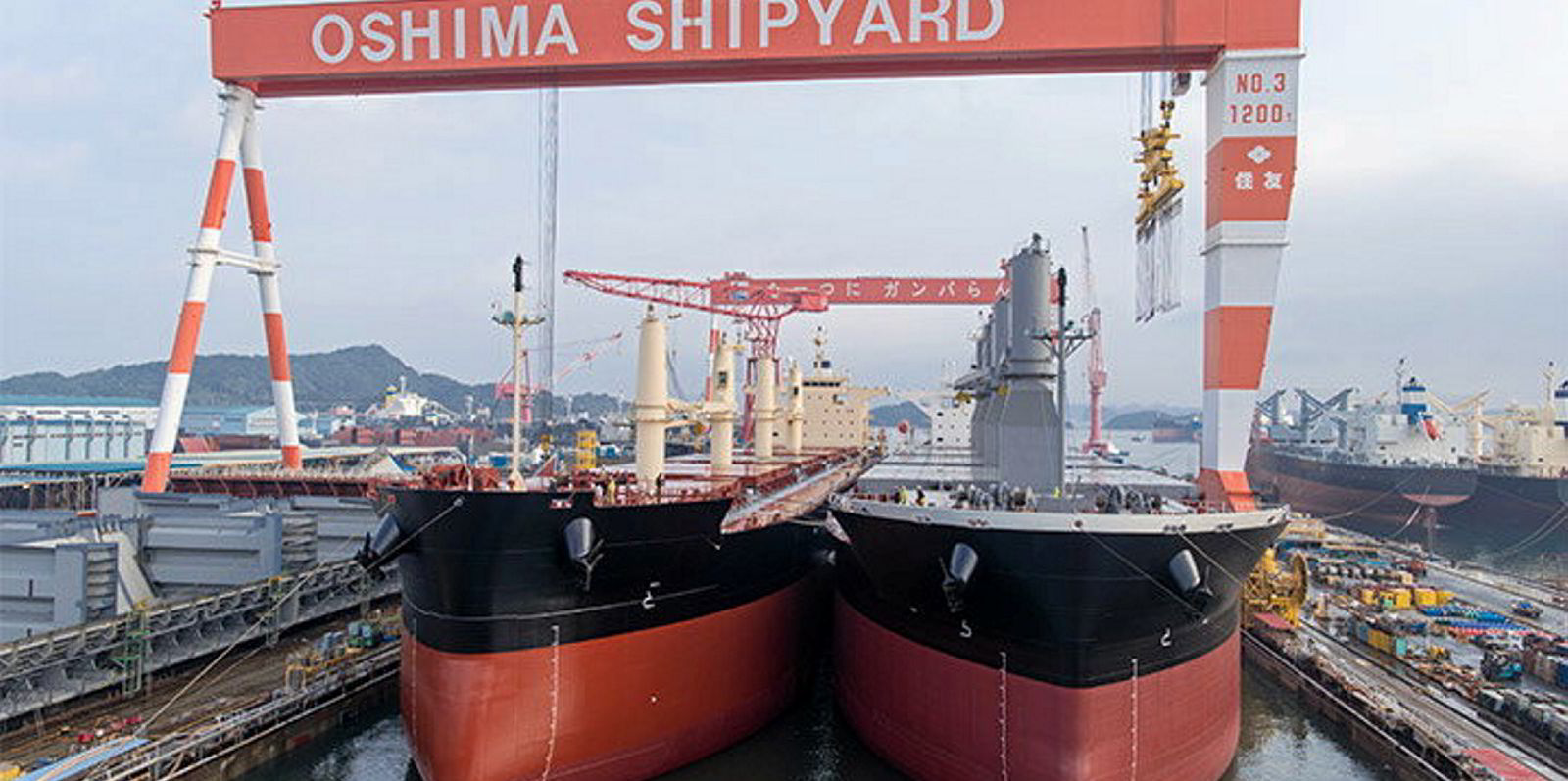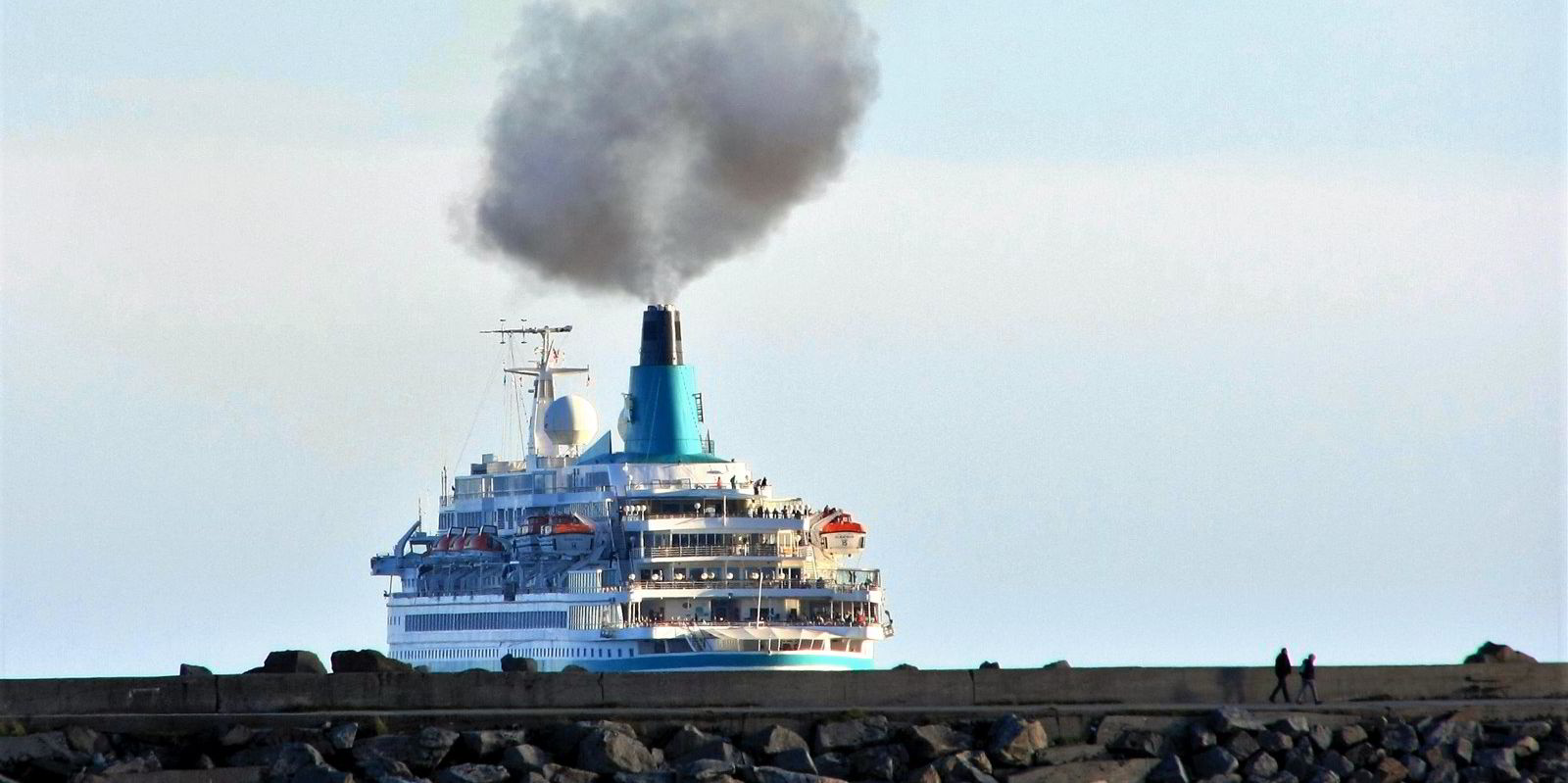The Japanese government has launched a greenhouse gas emissions rating system for ships to encourage decarbonisation in the national shipping industry.
The scheme has started on a voluntary basis in the coastal shipping industry and comes in support of the country's ambition to achieve net-zero carbon emissions by 2050.
Japan has also set a target to reduce its greenhouse gas emissions from coastal shipping by 1.8m tonnes by 2030, compared to 2013 levels.
Under the scheme, ships will be rated from one to five stars based on their emissions per tonne mile of cargo carried.
The ships will be rated using the Energy Efficiency Design Index (EEDI) calculation which is also used by the International Maritime Organization to set a global minimum efficiency standard for newbuildings.
An alternative assessment method is available for ships that cannot achieve an EEDI rating because they have not been through tanks tests.
A 20% improvement on the minimum performance standard will be required to achieve the maximum five-star rating.
Marketing tool
The idea is to encourage decarbonisation by allowing shipowners to use their efficiency star rating as a marketing tool. Ships will be awarded a logo displaying their environmental performance which can be displayed on the hull, or used in marketing materials.
The scheme will also be available to shipbuilders, ship operators and shippers.
The Ministry of Land Infrastructure Transport and Tourism (MLIT) is administering the scheme which has kicked off with the first 10 awards.
Among the awards were three five-star ratings, including the 12,404-gt roro Haru Maru No Six (built 2021) built by Naikai Shipbuilding.





